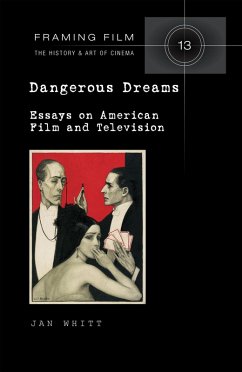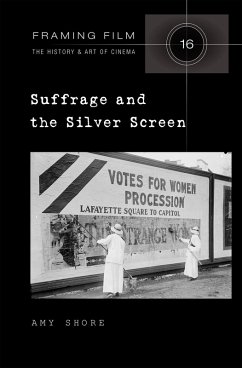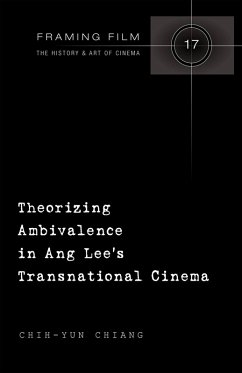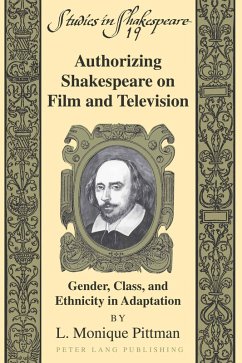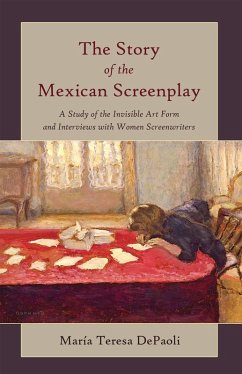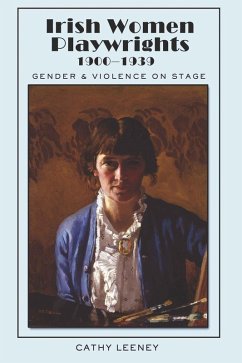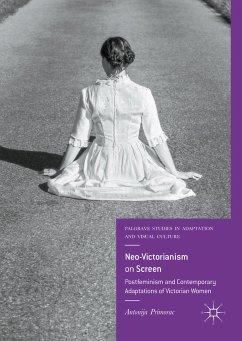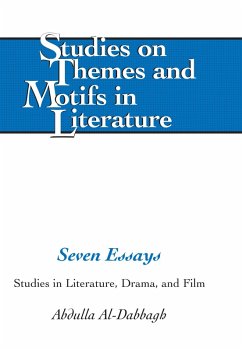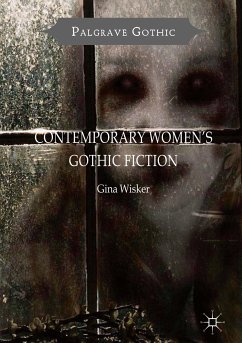
Hispanic Image in Hollywood (eBook, PDF)
A Postcolonial Approach
Versandkostenfrei!
Sofort per Download lieferbar
Statt: 95,75 €**
69,95 €
inkl. MwSt.
**Preis der gedruckten Ausgabe (Gebundenes Buch)
Alle Infos zum eBook verschenkenWeitere Ausgaben:

PAYBACK Punkte
35 °P sammeln!
The Hispanic Image in Hollywood: A Postcolonial Approach offers an in-depth analysis of how Hispanics are represented in American cinema. Film production is a reflection of American historical processes that have defined Hispanics and American mainstream identity as oppositional forces in the domestic political establishment. Hispanic difference, as depicted in film, is understood as the by-product of Western philosophy, Western science, territorial expansion, colonialism and American nation building, wherein Hispanics have been identified as the antithetical, ubiquitous Other. More precisely,...
The Hispanic Image in Hollywood: A Postcolonial Approach offers an in-depth analysis of how Hispanics are represented in American cinema. Film production is a reflection of American historical processes that have defined Hispanics and American mainstream identity as oppositional forces in the domestic political establishment. Hispanic difference, as depicted in film, is understood as the by-product of Western philosophy, Western science, territorial expansion, colonialism and American nation building, wherein Hispanics have been identified as the antithetical, ubiquitous Other. More precisely, specific Hollywood films not only mirror American history but also a variety of political discourses that have defined Hispanic identity. Thematic categories of American history used to construct Hispanics reflect, in many ways, a deep-rooted, Eurocentric, colonial worldview. As the research of this book clearly shows, film depictions of Hispanics have created negative visual taxonomies based on gender, race, and class.
Dieser Download kann aus rechtlichen Gründen nur mit Rechnungsadresse in A, B, BG, CY, CZ, D, DK, EW, E, FIN, F, GR, HR, H, IRL, I, LT, L, LR, M, NL, PL, P, R, S, SLO, SK ausgeliefert werden.




